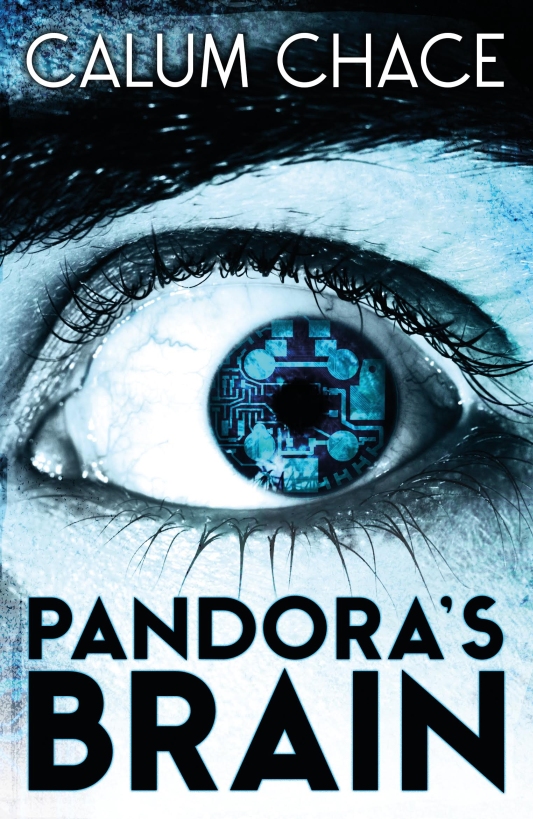Podcast: Play in new window | Download | Embed
Subscribe: RSS
 Pandora’s Brain is one of the most philosophical science fiction novels I have read recently. And since Calum Chace has been a valuable contributor to Singularity Weblog and a great blogger with an interesting and diverse experience in his own right, I thought that he would make a great guest for my podcast. And so I invited him for an interview which turned out to be a very enjoyable conversation indeed.
Pandora’s Brain is one of the most philosophical science fiction novels I have read recently. And since Calum Chace has been a valuable contributor to Singularity Weblog and a great blogger with an interesting and diverse experience in his own right, I thought that he would make a great guest for my podcast. And so I invited him for an interview which turned out to be a very enjoyable conversation indeed.
During our 70 min discussion with Calum Chace we cover a variety of interesting topics such as: his intellectual background, business experience, and foray into writing science fiction; why science fiction is philosophy in fancy dress; how his mind exploded after reading Ray Kurzweil’s The Age of Spiritual Machines; the importance of planning for the singularity and investing resources in friendly AI; the story behind Pandora’s Brain
and the associated Greek mythology; AI, the singularity and our chances of surviving; soft vs hard take-off scenarios; technological unemployment.
My favorite quote that I will take away from this interview is:
AI is coming and it could be the best or the worst thing that has ever happened to us. It can’t be stopped. So we have to try to influence it to be the best thing…
As always you can listen to or download the audio file above or scroll down and watch the video interview in full. To show your support you can write a review on iTunes, make a direct donation or become a patron on Patreon.
Who is Calum Chace?
 Calum Chace retired in 2012 to focus on writing after a 30-year career in business, in which he was a marketer, a strategy consultant and a CEO. He maintains his interest in business by serving as chairman and coach for growing companies.
Calum Chace retired in 2012 to focus on writing after a 30-year career in business, in which he was a marketer, a strategy consultant and a CEO. He maintains his interest in business by serving as chairman and coach for growing companies.
Calum is co-author of The Internet Start-Up Bible, a business best-seller published by Random House in 2000. He is a regular speaker on artificial intelligence and related technologies, and runs a blog on the subject at www.pandoras-brain.com
Calum Chace lives in London and Sussex (England) with his partner, a director of a design school, and their daughter. He studied philosophy at Oxford University, where he discovered that the science fiction he had been reading since early boyhood is actually philosophy in fancy dress.

 Looking back, I think I have always understood that science fiction is philosophy in fancy dress. My favourite science fiction stories are the ones that make you think – the ones that ask, “what would it be like if…” That is what I tried to do in my novel,
Looking back, I think I have always understood that science fiction is philosophy in fancy dress. My favourite science fiction stories are the ones that make you think – the ones that ask, “what would it be like if…” That is what I tried to do in my novel,